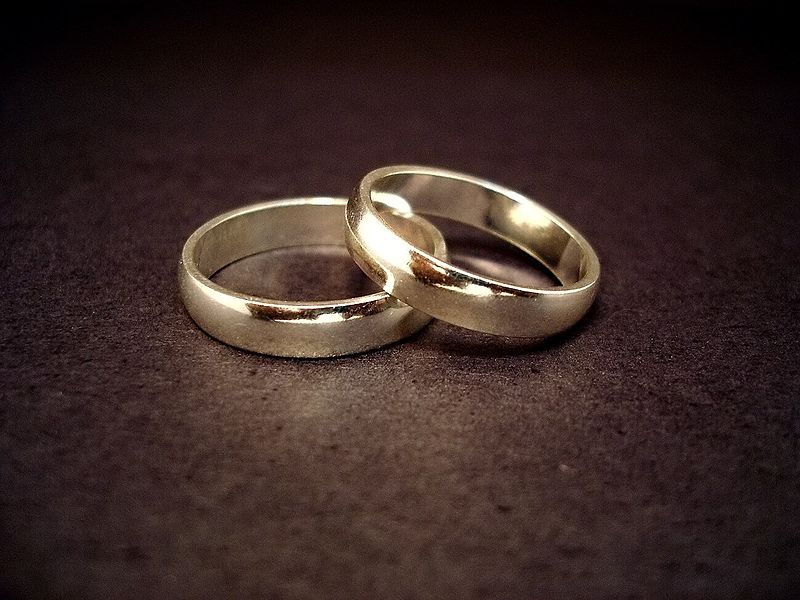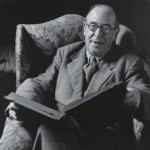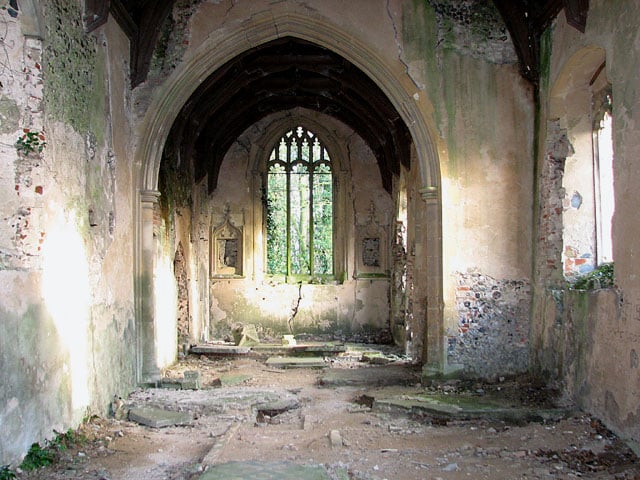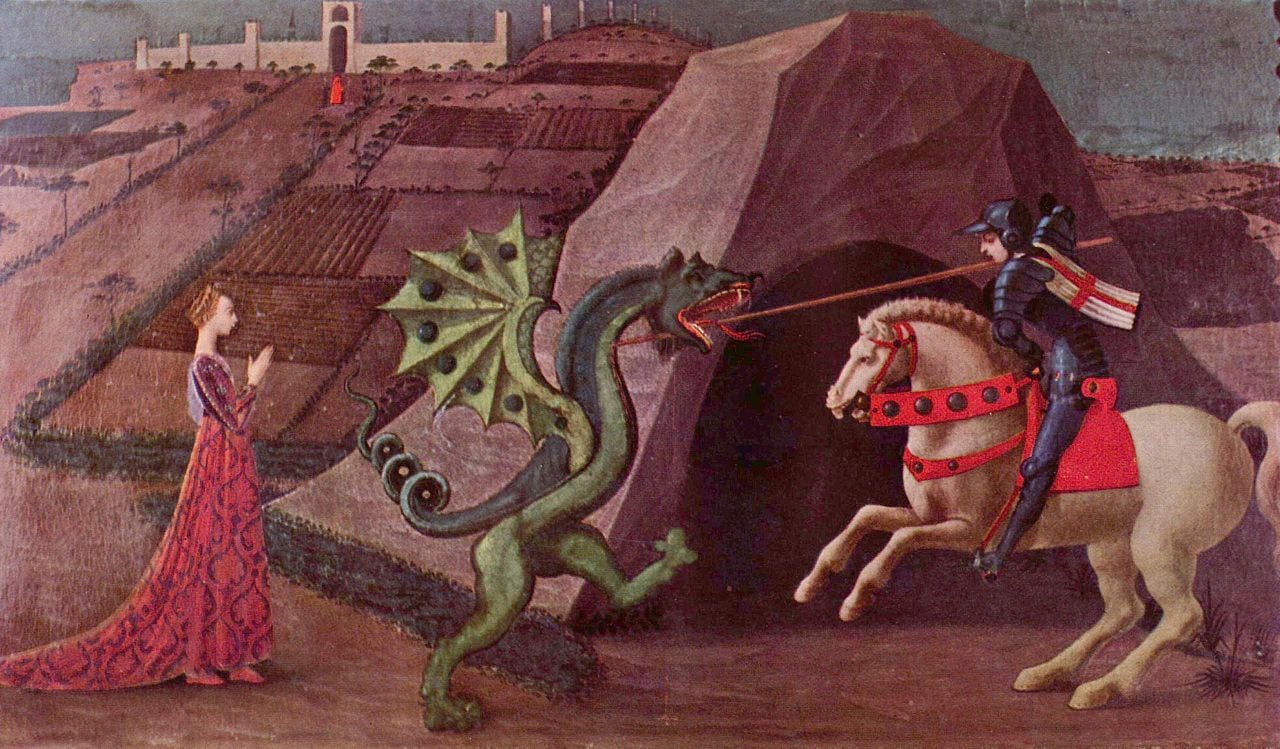
The classic TV sitcom Friends is iconic for its long run, humor, and relatable characters that made everyone feel they were part of the “gang.” Friends also pushed the envelope, dealing with themes that America was just beginning to delve into in the 1990s. Taking a supportive and liberal approach to topics such as hook up culture, marriage and divorce, “alternative” families, and homosexual relationships, Friends dealt openly with themes previously considered taboo.
Yet in the 10 seasons Friends ruled TV, the show made a compelling argument against all the social changes it tried so hard to support. Homosexual relationships, hook-up culture, and the redefinition of the family played prominent roles in each of the characters’ lives, but it is apparent that each of these elements were inherently bad for the characters on multiple levels. This ironic social commentary opens the door for a rich engagement with Pope Saint John Paul II’s Theology of the Body. Themes such as the understanding of man in relationship to woman, the role of parents, and the inherent nature of sexuality that leads to either destruction or a fullness of healing play out in many of Friends’ characters and episodes. The relationships of the 6 characters provide an in depth social commentary as they help one another to grow in maturity throughout the show. In the interest of time, I want to focus on the experience of one of the main characters: Chandler.
We learn early on that Chandler’s parents divorced and his father left to become a drag queen in Vegas. Understandably, the effect of his parents’ divorce and father’s subsequent decisions sows many issues in Chandler that prevent him from cultivating healthy, long-term relationships and undermine his self-esteem. The long term negative effect of his parents’ divorce is perhaps most obvious in Chandler’s inability to celebrate Thanksgiving. Since that was the day he learned of his parent’s separation, it has been irreparably ruined for him. Indeed, we see that Thanksgiving brings up enormous emotional scarring in Chandler that is hard for him to handle at best and completely debilitating at worst.
Chandler’s issues with his parents become more apparent as the show progresses. We see that Chandler is riddled with insecurities regarding his sexuality, social abilities, and worth as a person. He is incapable of maintaining long-term relationships and finds intimacy threatening. He focuses on casual dating and one-night stands, resulting in a promiscuous and concupiscent character early in the show. Such “concupiscence signifies … that the personal relations of man and woman are one-sidedly and reductively tied to the body and to sex” with no deeper intimacy established (TOB 259). This inability to establish long-term relationships is a reflection of Chandler’s “concupiscence [which] brings with it the loss of the interior freedom of the gift [of self]” (TOB 259). In fact, it isn’t until Chandler makes peace with his father that he is able to move forward and prepare for marriage to Monica. By mastering his fear of commitment, history of promiscuity, and the wrong he was dealt in childhood, Chandler is able to be vulnerable to his wife and “become a gift” which is only possible “if [man and woman] each masters himself” (TOB 259-60).
Chandler’s relationship with Monica also helps him engage with his sexuality in a healthy way, allowing him to establish the confidence so drastically undermined during childhood. Just as Adam in the garden, in his original solitude, stood in “search of his own ‘identity’” and “falls into his [sleep] with the desire of finding a being similar to himself” so too does Chandler search for his own identity, only to find it when he awakens from his concupiscent torpor and enters a relationship with Monica (TOB 159). For Adam, it is only in the creation of the female Eve that he is finally able to understand himself as “male”, and rest in “the identity of human nature” (TOB 161). Likewise, Chandler struggles to establish his manhood before dating Monica. Yet, in the context of a woman who challenges Chandler to grow as a person, he does find his masculinity and rests in that knowledge. As Adam understands his “particular value before God [as] male first and … second because he is for ‘woman’” (TOB 161) so also Chandler finds value in his role of male in his relationship with Monica.
Chandler’s character also makes a strong argument against alternate families. Chandler is dealing with the effects of his father’s homosexuality, his parents’ divorce, and his father being “replaced” with a womanized version of his father as a drag queen. Likewise, Ben’s mother is homosexual, his parents divorced, and his father is replaced with the woman of Susan. Since episodes focused on Chandler are repeatedly aired in close proximity with episodes focusing on Ben, it seems that, knowingly or not, Friends makes the statement that Ben will be dealing with the same problems as Chandler for a very long time. In many ways, Chandler’s experience prefigures Ben’s and establishes a strong stance against homosexual relationships. Chandler’s parents, “by violating the dimension of the mutual gift of the man and the woman … cast doubt on the fact that [every person] is willed by the Creator ‘for himself,’” a doubt that plagues Chandler in the long term (TOB 259).
Such doubt isn’t properly addressed until Season 5, Episode 5, when Chandler and Monica have their first fight. Monica realizes that Chandler has never been in a relationship that survived its first fight because Chandler doubts that his significant other will continue to love and invest in him after a dispute. He has good reason to question this. His parents failed to demonstrate to Chandler how to resolve significant conflicts and broke his family apart instead of dealing with the issues as a collective unit. As a result, Chandler, unable to believe that conflict is resolvable and uncertain of his worth as a person and a partner, ends the relationship. In this scene, however, we see the beginning of healing from this past wrong. Monica states “if you give up on someone after a fight, you’d never be together… you deal with it and move on. Welcome to an adult relationship.” Chandler’s entire body language is indicative of the underlying effects of Monica’s unconditional love: he smiles and as tension leaves his body, he stands a bit taller. By not giving up on Chandler, Monica has given him a revelation: that he need no longer question his own worth in his relationship with others.
Finally, only Ross and Monica’s parents are still married, which is reflected in their children’s relationships. Monica and Chandler are able to get married and stay married only because Monica “coaches” Chandler in the ways of healthy relationships. While Phoebe does get married, it is only after several seasons of observing Monica and Chandler’s marriage and often inquiring into the inner workings of their relationship.
Furthermore, while Monica is able to establish a healthy and long-lasting relationship with Chandler, Ross’ marriage breaks apart and his separation from his wife subsequently causes him to lose his consistency and identity as a man. As the show progresses, we see Chandler’s and Ross’ characters reverse rolls. Chandler grows into the easy-going, good guy that Ross was at the beginning of the show and Ross slowly devolves into an insecure and awkward character.
It is significant that we learn in the first season that at the time of his divorce, Ross had only ever had intercourse with Carol, his wife. Since this fundamental human bond has since been broken, Ross continually tries to return to the married state his soul desires. Ross wants to know that the relationship is “for keeps,” so every relationship he enters quickly gets too serious on his part. John Paul II notes that such over-sentimentalizing of relationships are often their downfall: “the ideal is more powerful than the real, living human being, and the latter often becomes merely the occasion for an eruption in the subject’s emotional consciousness of the values which he or she longs with all his heart to find in another person”(Love and Responsibility 44).
Ross becomes progressively emotionally needy and awkward in relationships and makes a deity out of his idea of the perfect relationship, an effect consistent with the spiritual turmoil that these broken relationships are sowing. However, since Ross is anxious for marriage and many of the women he meets do not share his goals, the relationships Ross begins throughout the course of Friends never result in anything long term since “love between two people is quite unthinkable without some common good to bind them together” (L&R 28). In contrast, we see Chandler become healthier and “more Chandler” as his healthy relationship with Monica progresses, while Ross becomes more and more dysfunctional as relationship after relationship fails.
While Friends presents great food for thought on the Theology of the Body, there are definite weak points in the show. For example, the question of the indissolubility of marriage is never truly resolved, which is problematic. Nevertheless, there are many other situations in the course of this sit-com that lend themselves to deeper analysis. I’ve only focused on 1 character, and the other 5 have as much to offer as Chandler; I myself have only scratched the surface!
***
Emma King graduated cum laude from Hillsdale College in May, 2013 with a BA in Philosophy. She serves as the Director of College Ministry for St. Anthony of Padua Catholic Church and is currently studying at the Pope Paul VI Institute to become a fully certified Creighton Model NFP Practitioner. She lives with her husband in Michigan.













